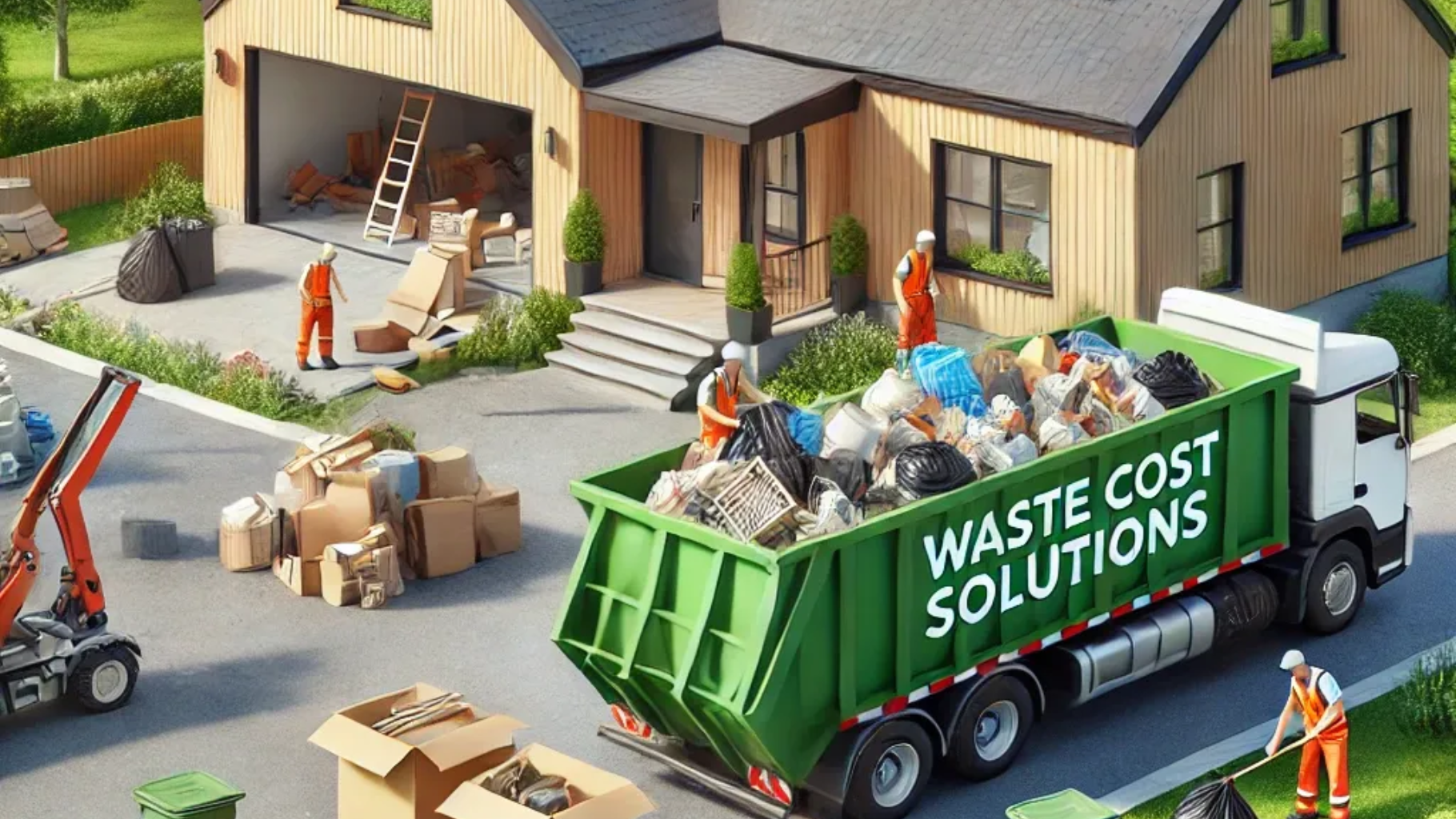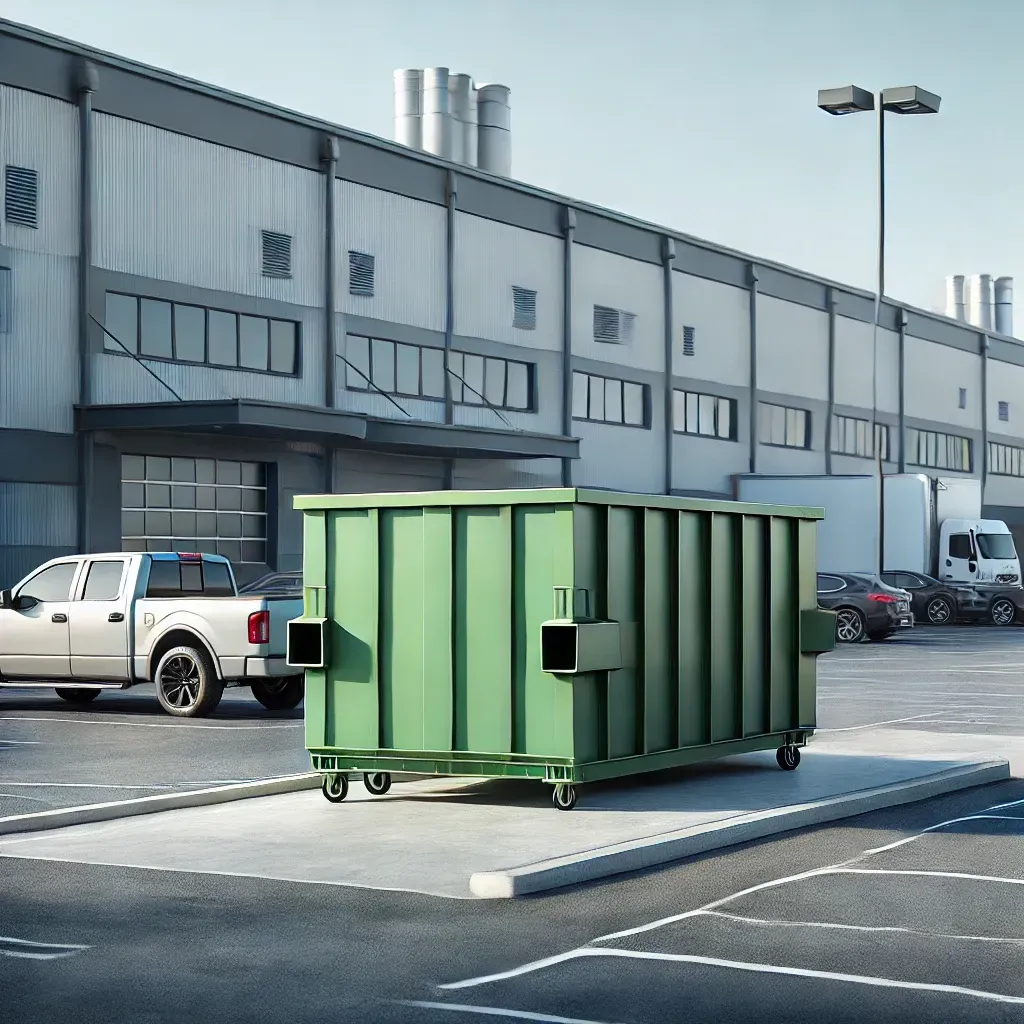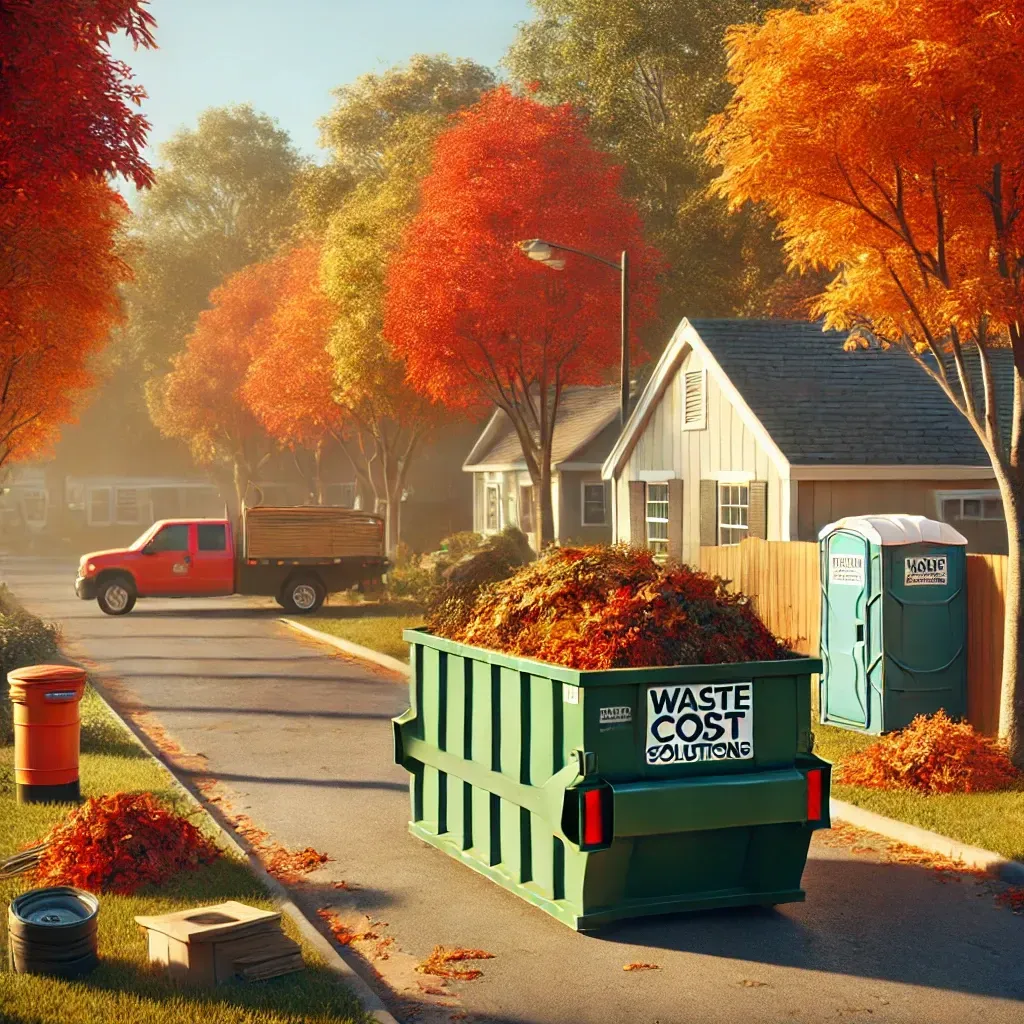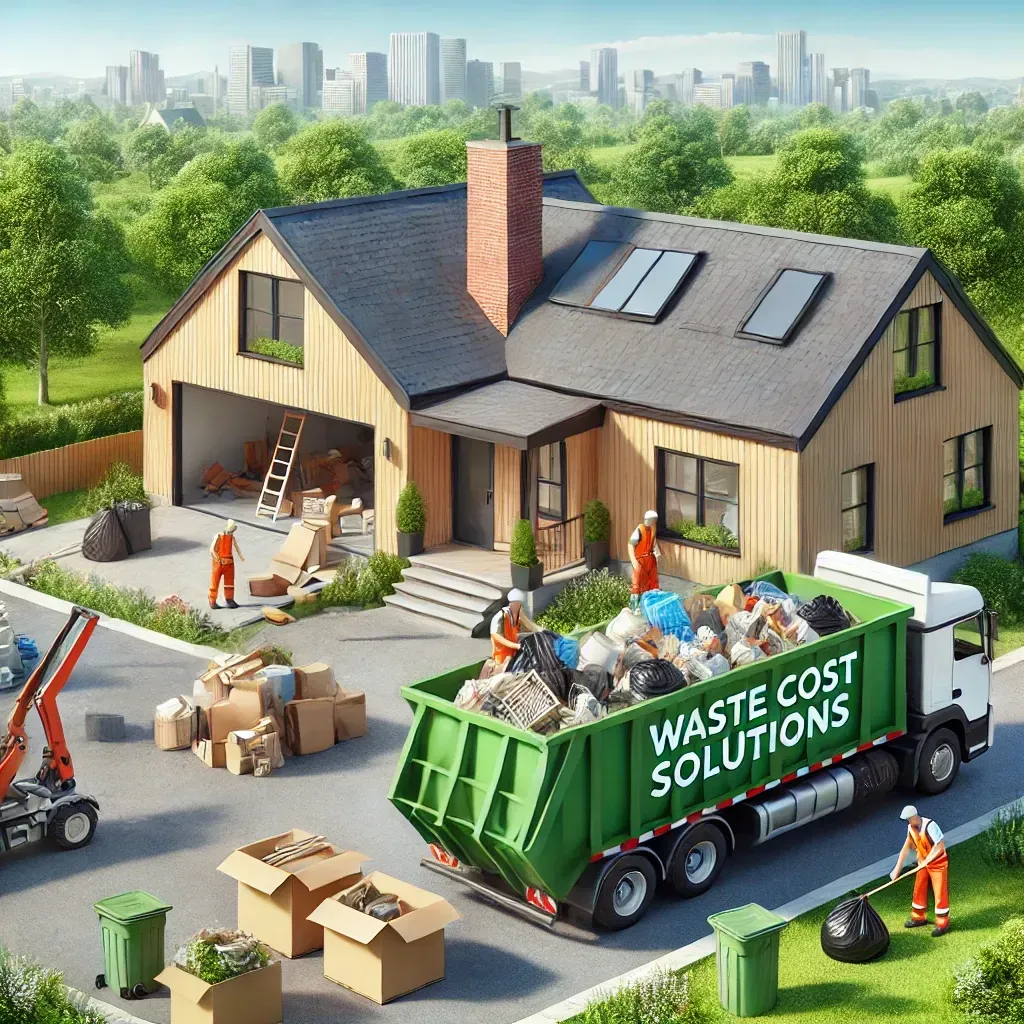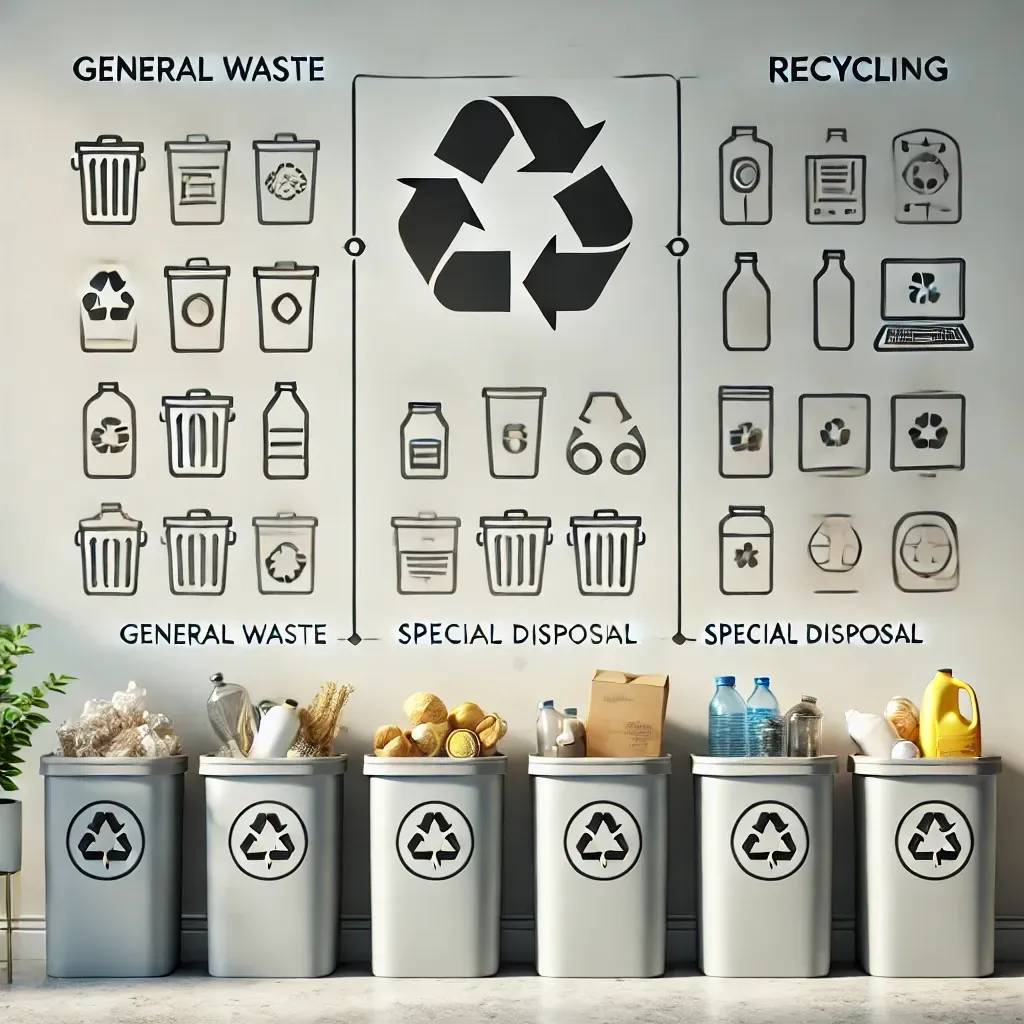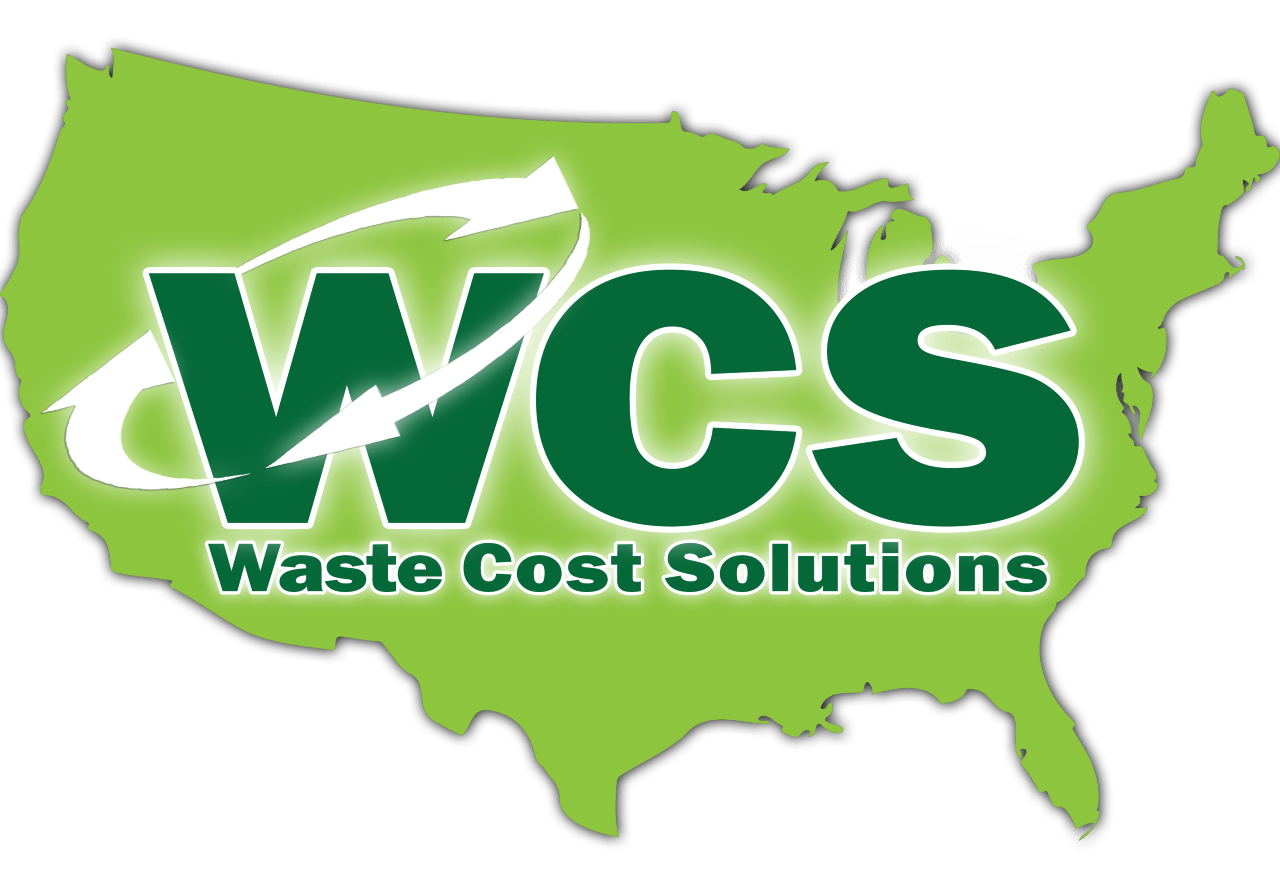Revolutionize Your Waste Management Practices with These Sustainable Strategies
Sustainable Waste Management: Achieving Zero Waste and Protecting the Environment
Sustainable waste management involves the use of practices and systems that minimize the generation of waste and maximize the reuse and recycling of materials. It is an important part of protecting the environment and ensuring that natural resources are used efficiently. There are several key strategies that individuals and organizations can adopt to reduce their waste and improve the sustainability of their waste management practices, including waste reduction, recycling and composting, using reusable and biodegradable products, properly disposing of hazardous waste, and reducing food waste.
While there may be challenges and barriers to implementing sustainable waste management practices, there are also many successful examples of individuals and organizations that have achieved significant waste reduction. By prioritizing sustainability in waste management practices, we can all play a role in creating a more sustainable future.
Sustainable waste management refers to the use of practices and systems that minimize the generation of waste and maximize the reuse and recycling of materials. It is an important part of protecting the environment and ensuring that natural resources are used efficiently.
According to the United Nations, the global population generates over 2.01 billion tons of waste per year, and this number is expected to increase as the population grows. Improper waste management can have serious environmental consequences, such as pollution, greenhouse gas emissions, and habitat destruction.
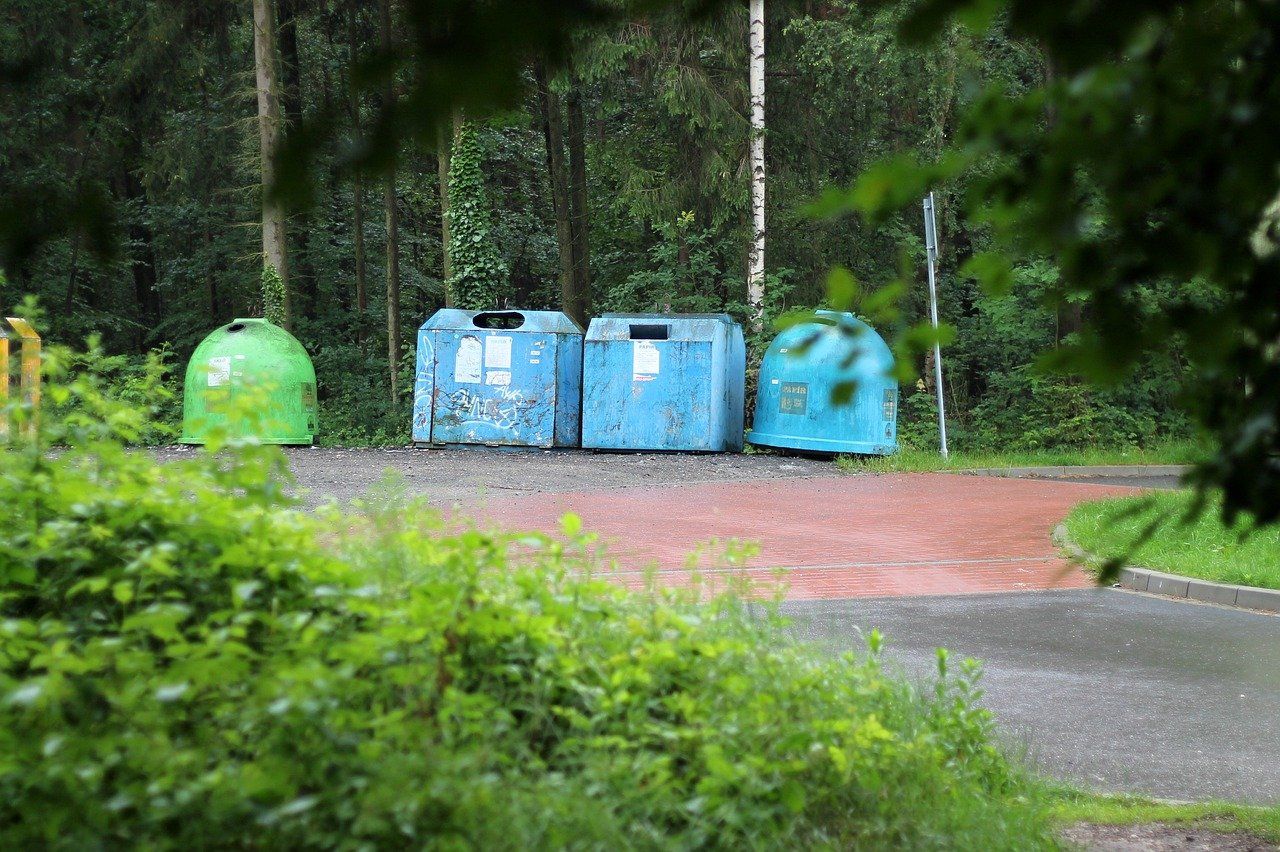
Best Practices for Sustainable Waste Management
There are several different strategies that businesses can adopt to reduce their waste and improve the sustainability of their waste management practices. These include:
Waste reduction: One of the most effective ways to reduce the environmental impacts of waste is to simply generate less of it. This can be achieved through a variety of means, such as using reusable products, buying in bulk, repairing rather than replacing items, and reducing packaging.
Recycling and composting: Recycling and composting are important tools for reducing waste and conserving natural resources. Recycling allows materials to be processed and used again, rather than being discarded. Composting organic materials, such as food waste and yard waste, allow them to decompose and be used as natural fertilizers for gardens and other plants.
Reusable and biodegradable products: Using reusable products, such as water bottles and shopping bags, can significantly reduce the amount of waste that is generated. Biodegradable products, such as those made from plant-based materials, can break down naturally in the environment, rather than contribute to landfills.
Proper disposal of hazardous waste: Some types of waste, such as chemicals, batteries, and electronics, can be hazardous to people and the environment. It is important to properly dispose of these materials to prevent them from causing harm. This may involve special handling and disposal procedures, such as using designated drop-off centers or participating in special recycling programs.
Food waste reduction: Food waste is a significant contributor to the waste stream, and reducing it can have significant environmental benefits. This can be achieved through a variety of means, such as planning meals and shopping to reduce food waste, properly storing food to extend its shelf life, and composting food scraps.

Case Studies of Successful Sustainable Waste Management Initiatives
There are many examples of individuals and organizations that have successfully implemented sustainable waste management practices and achieved significant waste reduction. Here are a few examples:
The city of San Francisco has a zero waste goal, which aims to divert all waste from landfills by 2020. To achieve this goal, the city has implemented a number of initiatives, such as expanding recycling and composting programs, promoting the use of reusable products, and working with businesses to reduce waste. As a result of these efforts, San Francisco has achieved an impressive 79% waste diversion rate, meaning that 79% of its waste is either recycled or composted.
The Walt Disney Company has a long-standing commitment to sustainability, and it has made significant progress in reducing its waste. Disney has implemented a number of initiatives, such as using reusable and compostable products.
Challenges and Barriers to Implementing Sustainable Waste Management
While there are many benefits to implementing sustainable waste management practices, there are also challenges and barriers that can make it difficult to achieve. Some of the common obstacles include:
- Lack of infrastructure: In many areas, the infrastructure for waste management, such as recycling and composting facilities, may not be well-developed or available. This can make it difficult to implement sustainable waste management practices on a large scale.
- Limited resources: Implementing sustainable waste management practices can require additional resources, such as funding and personnel. This can be a challenge for small businesses or organizations with limited budgets.
- Behavioral barriers: Changing the way people think about waste and their own consumption habits can be challenging. People may be resistant to change or may not understand the benefits of sustainable waste management practices.
- Regulatory barriers: In some cases, government policies or regulations may create barriers to sustainable waste management. For example, there may be limitations on the types of materials that can be recycled or composted, or there may be insufficient incentives for businesses to adopt sustainable practices.
Frequently Asked Questions
Sustainable waste management practices are essential for protecting the environment and conserving natural resources. By reducing, reusing, and recycling as much waste as possible, we can significantly reduce the negative impacts of waste on the environment and society.
While there are challenges and barriers to implementing these practices, there are also many successful examples of individuals and organizations that have achieved significant waste reduction. By prioritizing sustainability in our waste management practices, we can all play a role in creating a more sustainable future.
Another option to consider when implementing sustainable waste management practices is to use 2 yard dumpsters or 4 yard dumpsters for household or business waste disposal or to utilize junk removal services for large items that cannot be composted or recycled. However, it's important to remember that these options should be used in conjunction with reducing, reusing, and recycling to ensure the most effective waste management strategy possible.
